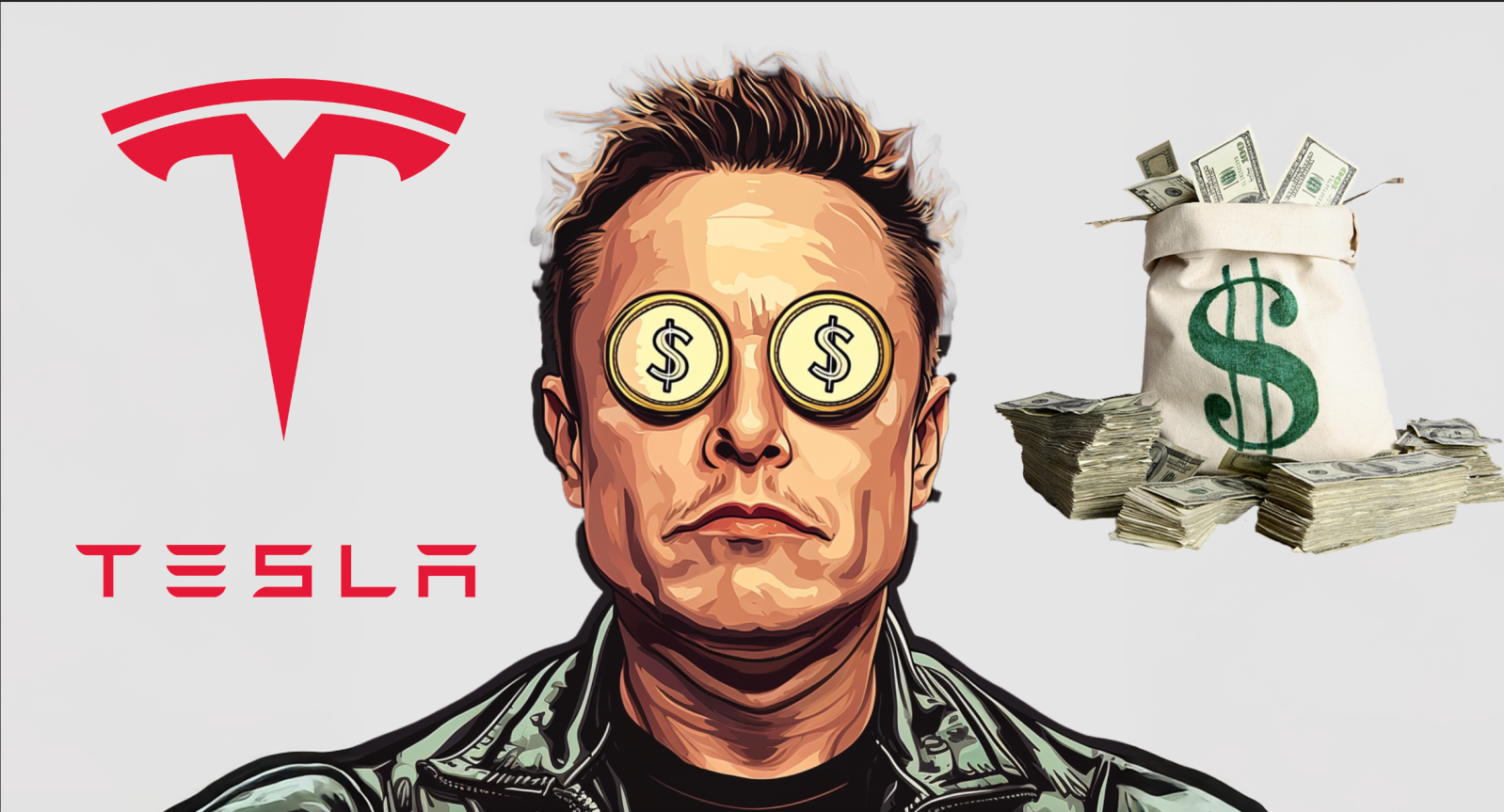
Elon Musk said just a few weeks ago that betting on Tesla delivering its promised Robotaxi in June is a “money-making opportunity,” and yet, those who listened to him just lost big.
A fan of Musk lost $50,000 betting on Tesla Robotaxi.
With the rise in prediction markets, you can bet on virtually everything these days.
Sites like Polymarket have about a dozen prediction markets related to Tesla, where anyone can bet on events such as Tesla delivering its robotaxi service.
There have been a couple of specific markets about that, and Musk directly commented on one titled “Will Tesla launch a driverless Robotaxi service before July?:

Less than two weeks ago, the market gave Tesla only a 14% chance of launching the service, and Musk called it a “money-making opportunity.”
At the time, less than $500,000 was traded on this market, but Musk made it way more popular.
Now, over $7 million has been traded on this market, and while Tesla claims to have launched its Robotaxi service on June 22nd, the market currently gives Tesla less than 1% chance today, with less than a day left in June.
Each prediction market has clear “resolution” rules and Musk evidently didn’t read them before suggesting there was money to be made betting “yes”:
This market will resolve to “Yes” if Tesla publicly launches a fully driverless taxi service by June 30, 11:59 PM ET. Otherwise, it will resolve to “No.”
Any service that allows a member of the general public to summon and ride in a Tesla vehicle operating without any human—onboard or remote—actively controlling the vehicle will count. A human may be present in the vehicle or monitoring remotely for emergency intervention, but they must not be physically positioned to take control (for example, no safety driver in the driver’s seat) and must not actively steer, brake, accelerate, or otherwise drive the car under normal operation.
A program that is restricted to Tesla employees, invite-only testers, closed-beta participants, factory self-delivery features, or the mere release of Full Self-Driving software for private owner-drivers will not qualify. Regulatory permits or approvals, press demonstrations, and prototype unveilings without live public ridership likewise will not count toward resolution.
This market’s resolution source will be a consensus of credible reporting.
There are a few things in the resolution that disqualify what Tesla launched on June 22nd. First off, there’s a human inside the vehicle ready to take control with their finger on a kill switch. We have already seen interventions from the in-car Tesla supervisor, who are still very much necessary.
Secondly, the resolution requires a launch that is not restricted to an invite-only basis, which is currently the case.
The level of remote operations could also prove challenging to confirm, and it is part of the resolution.
Electrek found someone who lost $50,000 following Musk’s “money-making opportunity”:

Someone else has lost $28,000 and is now betting another $27,000 that Tesla will achieve this by the end of July.
Currently, Polymarket‘s odds only put a 21% chance of Tesla delivering on the service based on the previously mentioned resolution before August:

There’s another market predicting if “Tesla launches unsupervised full self-driving (FSD) by the end of 2025” that has arguably an even more restrictive resolution, and it currently gives it a 59% chance of happening:

With Polymarket, users are not really “betting” on an outcome, but they are trying to beat the current odds by buying shares in “yes” or “no”, which they can sell to other users before the end of the timeline.
Electrek’s Take
It’s quite amusing that Musk was so confident people would believe in his Robotaxi that he didn’t bother to investigate what other people think an actual robotaxi service would entail, like in the Polymarket resolution.
Historically speaking, you are way better off betting against whatever timeline Musk claims about self-driving. He has been consistently wrong about it for a decade now.
Polymarket even has a market about Tesla launching unsupervised self-driving in California this year. I threw some money in that one because California has much stricter regulations when it comes to self-driving, and it requires a lot of testing before being deployed, as described in the resolution.
I doubt Tesla can go through that this year, but it’s not impossible.
FTC: We use income earning auto affiliate links. More.











